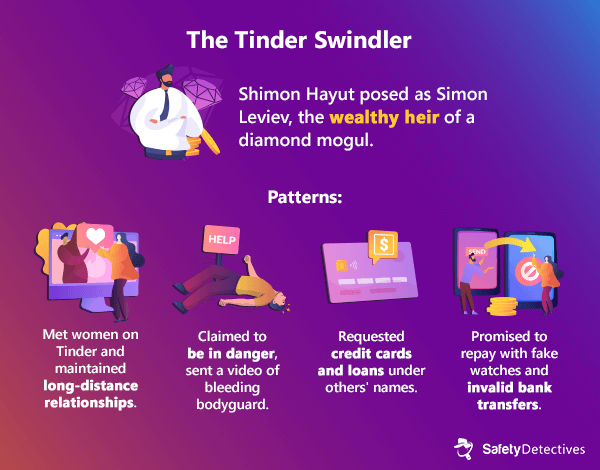Romance scams involve scammers creating fake profiles on online platforms to deceive people seeking love. They use attractive photos and pretend to have trustworthy jobs, like aid workers or military personnel, to attract victims.
Scammers create elaborate lies to gain victims’ trust after meeting on social media, dating sites, or occasionally in person.
In her study “The Scammers Persuasive Techniques Model,” Dr. Monica T. Whitty, who has co-authored over 40 research papers on human factors in cybersecurity, found that scammers lead their victims through several stages before requesting money.
In the grooming stage, scammers initially ask for small gifts to test their victims. They progressively request larger sums of money. Often, they introduce a third party, like a “doctor,” who claims the scammer is hospitalized and asks for money to cover fake medical bills.
This tactic of feigning danger is highly effective, with about 24% of romance scammers using it to exploit their victims.
About 12% of romance scammers use the tactic of pushing for marriage. They share fake, emotional stories and try to speed up the relationship with excessive expressions of love, discussions about marriage, and even proposals.

Romance scams can affect anyone, but certain groups are at higher risk:
The Elderly: Seniors over 65 are particularly vulnerable to scams, losing significant amounts of money. In Australia, they lost nearly $33 million between 2021 and 2023. Similarly, in the US, those over 60 are the most affected by online scams.
Widows and Widowers: Scammers frequently target those seeking new relationships, especially widows and widowers. Many avoid dating apps due to fear of being scammed, often stemming from past experiences.
Young People with Limited Dating Experience: Young people (ages 0-24) are often targeted by scammers, particularly through sextortion, where victims are pressured to comply with demands to prevent the release of compromising photos.
Romance scammers can operate from anywhere with an internet connection, including mobile phones. It’s difficult to create a definitive list of their locations due to limited reporting and data collection.
We examined two studies to identify consistencies: a 2017 study by Dr. Guillermo Suarez-Tangil on the geographic origins of dating fraud, and a 2020 TechShielder study on the countries most reported for catfishing scams and the average money stolen.
The data shows that a few countries appear in both studies, indicating that scammers often use these places as their base of operations.
The Philippines
Nigeria
The United Kingdom (UK)
Turkey
Ghana
The Republic of Côte d’Ivoire (Ivory Coast)
South Africa
To read the full report click here.
 InfoSecBulletin Cybersecurity for mankind
InfoSecBulletin Cybersecurity for mankind














